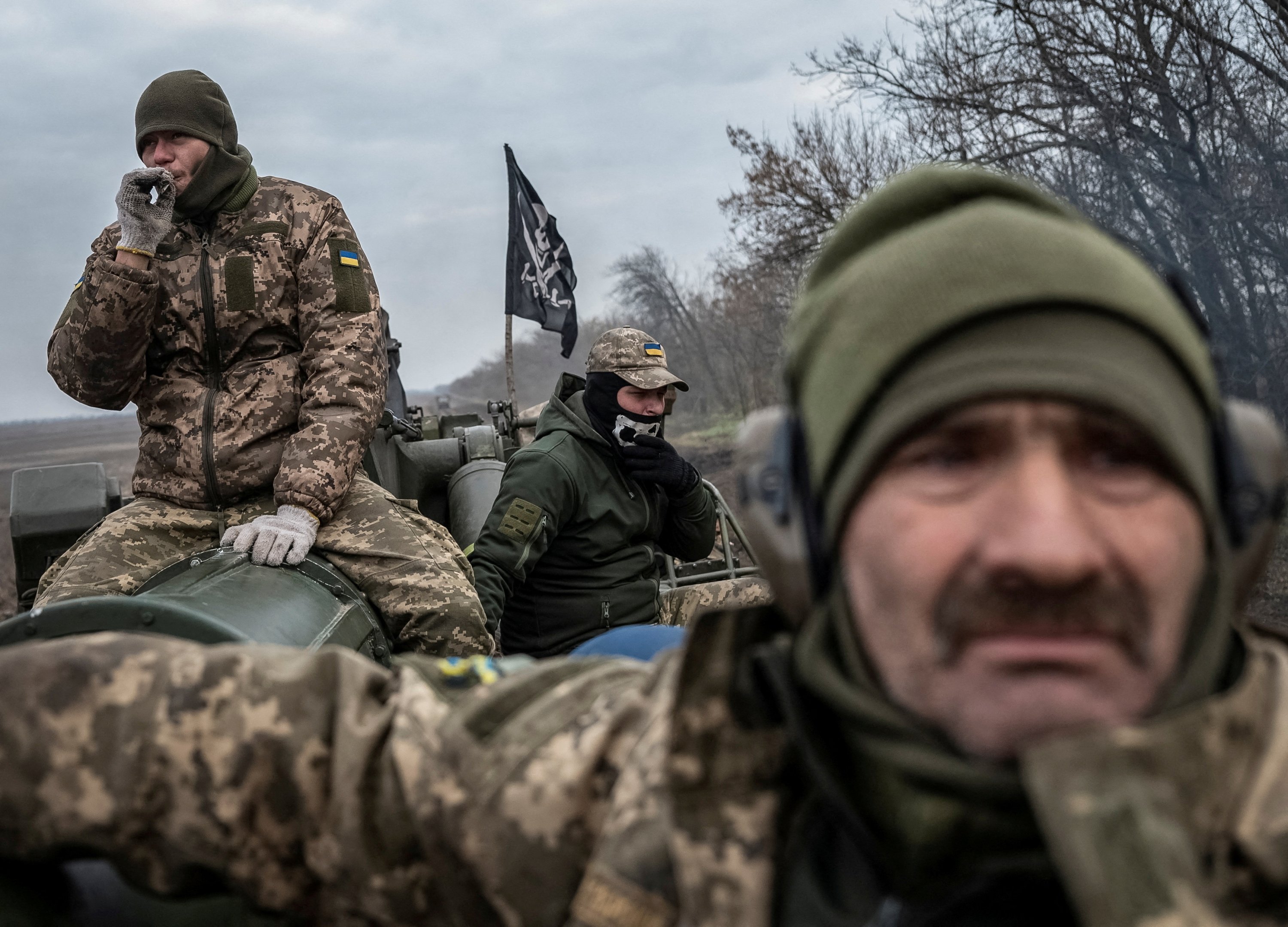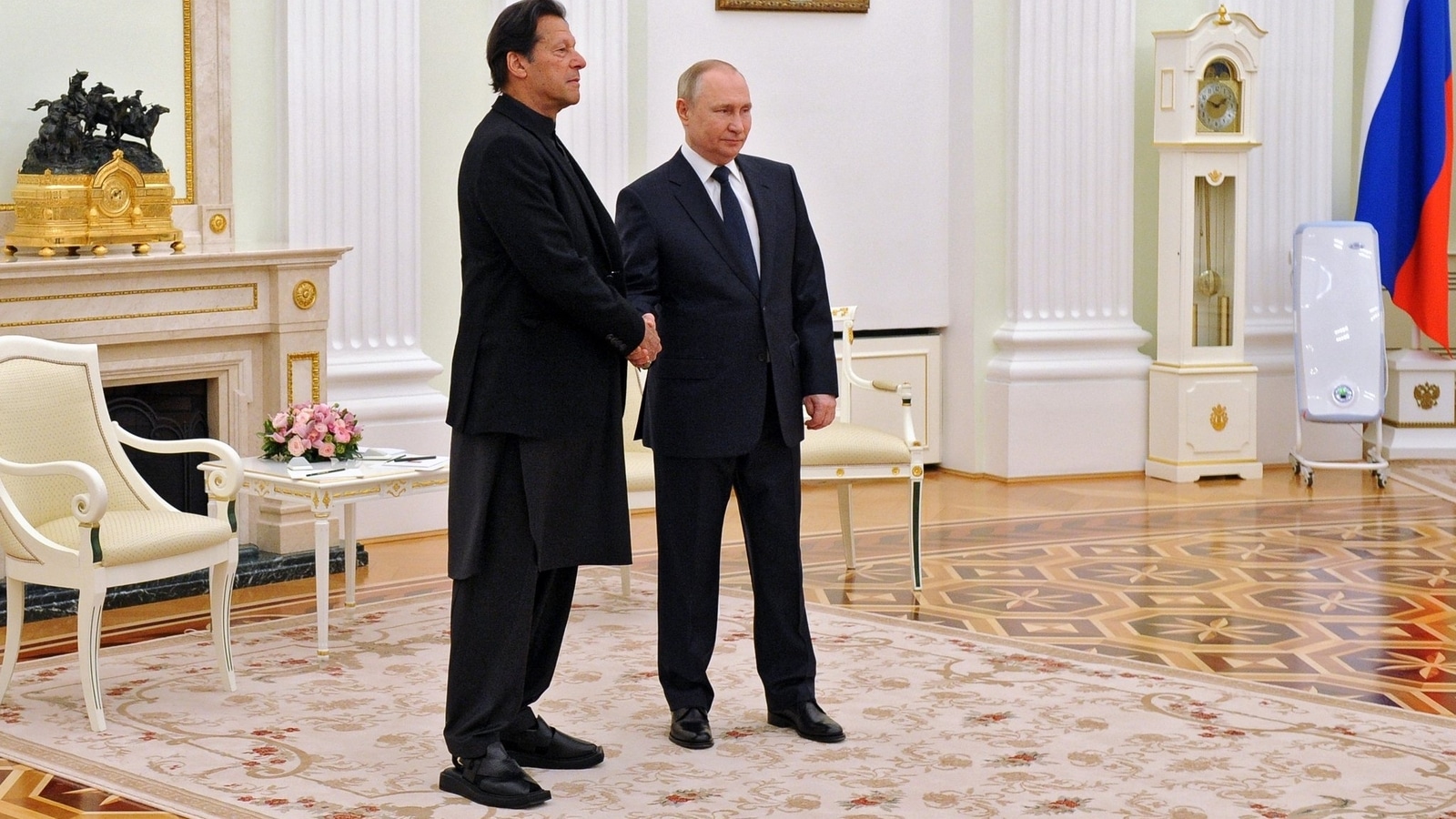Russian Military Embarrassment - NATO Allies Rethink Russian Military Power But initial military failures make Russia no less dangerous in Ukraine, military analysts warn.
NEW FOR SUBSCRIBERS: Click + to receive email alerts for new stories written by Robbie Gramer Robbie Gramer Amy Mackinnon Amy Mackinnon.
Russian Military Embarrassment
/cdn.vox-cdn.com/uploads/chorus_asset/file/23073674/AP21340548034040.jpg)
Estonians and soldiers from other NATO member states take part in a large-scale military exercise on May 27, 2021 in Tapa, Estonia. Raigo Pajula/AFP via Getty Images
Russian Victory Day Parade Cut By 35%, Emphasizing Ukraine's Battlefield Prowess
During his decade and a half at the Pentagon, Christopher Skaluba read countless reports and assessments about the Russian military and its confrontation with NATO forces. Now that he's gone and watched the Russian invasion of Ukraine fail for months, he has a new message for defense planners: "Every assessment I've read over the last decade and more has been wrong."
NATO defense planners are reassessing Moscow's military might in their contingency plans in the unlikely event of a conventional war between the alliance and Russia, according to several current and former U.S. and European defense officials. The reassessments come after Moscow's embarrassing military setbacks in Ukraine, as well as the Kremlin's willingness to launch a full-scale military offensive.
Former NATO Secretary General Anders Fogh Rasmussen said in an interview with Foreign Policy that defense planners in major NATO capitals over the years have gotten two main assumptions wrong. First, Rasmussen said, "we overestimated the strength of the Russian military. Despite huge investments in military equipment and the opening of old Soviet bases, we found that the Russian military is very weak."
"Another miscalculation is that we underestimated the brutality and ambitions of President [Vladimir] Putin," Rasmussen said.
Doj Announces Charges Against 6 Russian Military Officers Allegedly Involved In Hacking, Malware Operations
Now, in the capitals of Europe and North America, inquisitive minds in defense ministries are rejecting years of assessing the combat capabilities of the Russian military and are beginning to question long-held assumptions about what a conventional war between NATO members and Russia would look like. ..
"Whether it's morale, communication or a lack of preparedness, there are a lot of factors that have escalated into something you don't expect from an advanced military," Skaluba told Russian forces. "although at the beginning the conditions under which they went [to Ukraine] were null."
One of the possible scenarios for which NATO troops have been preparing for a long time is the rapid conquest of the territory of the Baltic states, on NATO's eastern flank. NATO members have been planning and preparing exercises to recapture these countries from Russian forces—assuming that Russia could quickly defeat their troops and take the territory in the first place.

After seeing how poorly Russian troops fared against Ukrainian forces, some American and other Western defense planners are pushing NATO to reassess that plan: it seems more likely that with the right size and mix of coalition forces, Structures Command and military equipment in the Baltics can effectively resist the invasion of Russian forces or, if not, resist and defeat them. On the other hand, a Russian attempt to invade NATO territory in the Baltics suddenly seems a much less likely scenario.
How The West Got Russia's Military So, So Wrong
At the NATO summit in Madrid at the end of June, Baltic leaders are expected to propose that NATO expand its footprint in the region. Baltic officials say the rebuilding of NATO troops, if approved, could act as a more effective form of "prevention through denial" against Putin making any plans to seize Baltic territory. After seeing leaked US intelligence about an imminent Russian invasion, the Baltic states hope that laggards such as France and Germany will join the plan.
With NATO-Russia relations at their most critical point in the post-Cold War era, some analysts believe it is time to start drawing preliminary conclusions about what a conflict between NATO and Russia might look like in the event of a conflict. in the conflict in Ukraine. partner area. Andrea Kendall-Taylor, a former senior U.S. intelligence official now with the New York-based center, said: "The risk of escalation remains, so it is wise for NATO planners to consider the potential conflict between NATO and what it might look like in Russia." American Security, a think tank.
Skaluba, Kendall-Taylor and other military analysts warn that the war in Ukraine is far from over and that it is possible that Russia will learn to adapt and develop its military, especially as it seeks to recover from defeats in northern Ukraine. away to gain territories in eastern Ukraine. "We've already seen capable Russian forces in places like Georgia and Syria, and now a little more in Ukraine," said Skaluba, who is now director of the Atlantic Council's Transatlantic Security Initiative. "I can't believe that the really sad performance we've seen for months [in Ukraine] reflects the entire Russian military."
Exact figures on war casualties on both sides are difficult to verify, but it is clear that Russia has already suffered huge losses. Ukrainian President Volodymyr Zelensky has insisted that around 30,000 Russian soldiers were killed, but the British government estimates that the figure could be closer to 15,000. and armed and showed no intention of withdrawing from the war.
Russian Military Under Fire At Home After Devastating Attack
The war has so far had two distinct phases: the initial attack on Kyiv, based on the deeply flawed political assumption that the Ukrainian government would fall within days, and the ongoing fighting in the Donbas region of eastern Ukraine, which is heavily populated by Russian military officials. more affected the performance.
"In the early stages of the war, the bigger problem was the plan than the army," said Michael Kofman, an expert on the Russian military at the CNA think tank. "We are now at a stage where we can better assess the Russian military."
During the run-up to the war, there was broad consensus in the West that Ukraine's military resistance would quickly collapse if Russia launched a full-scale offensive. Ukraine's staunch and effective resistance proved everyone wrong, from Putin to many defense planners in Washington. But drawing direct lessons from the conflict for NATO can be difficult because of the large number of variables involved.

"There is no such thing as a total NATO-Russia war," Kofman said. "It depends on what, under what circumstances, the plans, objectives and assessments of war really matter. It's not something that exists in the abstract."
Ukraine Celebrates Capturing Key Town, Putin Ally Mulls Possible Nuclear Response
Another former Pentagon official, Jim Townsend, said that a potential conflict between Russia and NATO, while unlikely, could quickly escalate into what is happening in Ukraine — a war between ground forces and the threat of Russia adding its unproven nuclear arsenal. and specialist in transatlantic security. "There are many Russian military capabilities that have not been captured or tested by this war," he said.
Townsend also argued that NATO should not assume that a smaller, better trained and stronger NATO force could hold its own against a larger Russian invasion force. In other words, just because the Russian military is out the door in Ukraine, it doesn't mean NATO isn't breathing.
"Well, [Russia] made some dumb assumptions that turned out in a lot of bad ways, and we made some dumb assumptions about their military modernization program," he said. "There are many reasons why we can now blind ourselves to the fact that the Russians are really cool. But we are dealing with a wounded bear that is still very dangerous."
NEW TO SUBSCRIBERS: Want to read more about this topic or area? Click + to receive email alerts when new stories are published on Europe Europe
Russian Troops Withdraw From Key Town In Donetsk After Ukraine Forces Make Gains
A new biography of George Kennan, the father of containment, raises questions about whether the old Cold War—and the one with China—might be ending.
Chinese President Xi Jinping serves breakfast to guests at the celebration of the 70th anniversary of the founding of the People's Republic of China on September 30, 2019 in Beijing, China.
Erdogan pointed to Stockholm's stance on Kurdish groups in exile, but Ankara's real demand is an end to US support for the Syrian Kurds.

By submitting an email, you agree to our Privacy Policy and Terms of Use and to receive emails from us. You can withdraw at any time.
There Is Still A Slim Chance To Stop War With Russia
Welcome to the world of understanding. Make the most of FP. Explore the benefits of your FP subscription. Explore the benefits included in your subscription. Stay up-to-date with email alerts on topics you care about. Sign up below. Stay up-to-date with email alerts on topics you care about. Sign up below.
Choose a few newsletters that interest you. More information can be found in your inbox. Here are a few we think you might like. Update your newsletter settings.
Go through the world without stopping. Go through the world without stopping. Download the FP mobile app to read anytime, anywhere. Download the new FP mobile app to read anytime, anywhere.
Analyze the world's biggest events. Analyze the world's biggest events. Connections
Ukraine Regains Control Of Key Eastern City Lyman
Russian military patch, russian military surplus usa, russian military hat, russian military winter hat, russian military surplus, russian military vehicles, russian military uniforms, russian military gear, russian military ushanka hat, russian military jacket, russian striped military shirt, russian military mre
0 Comments